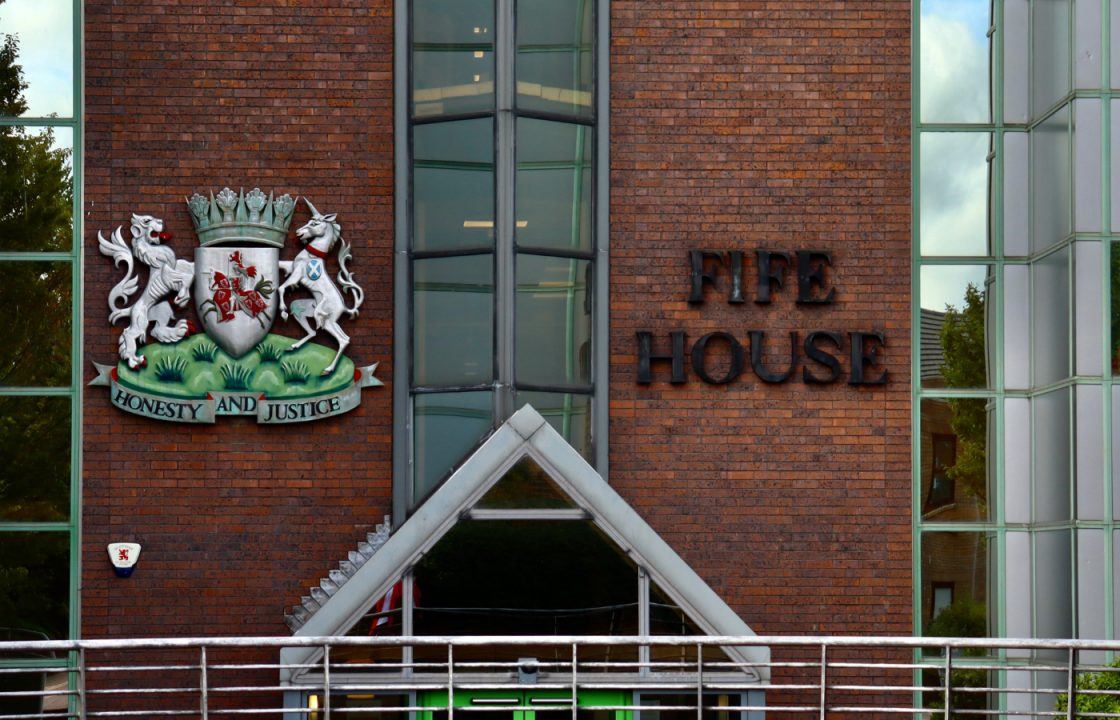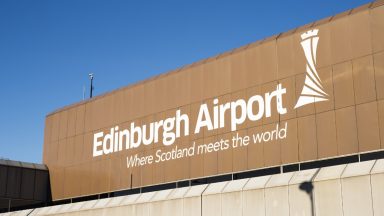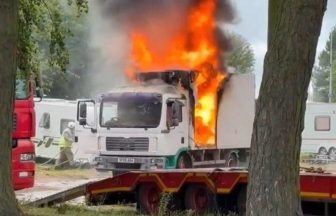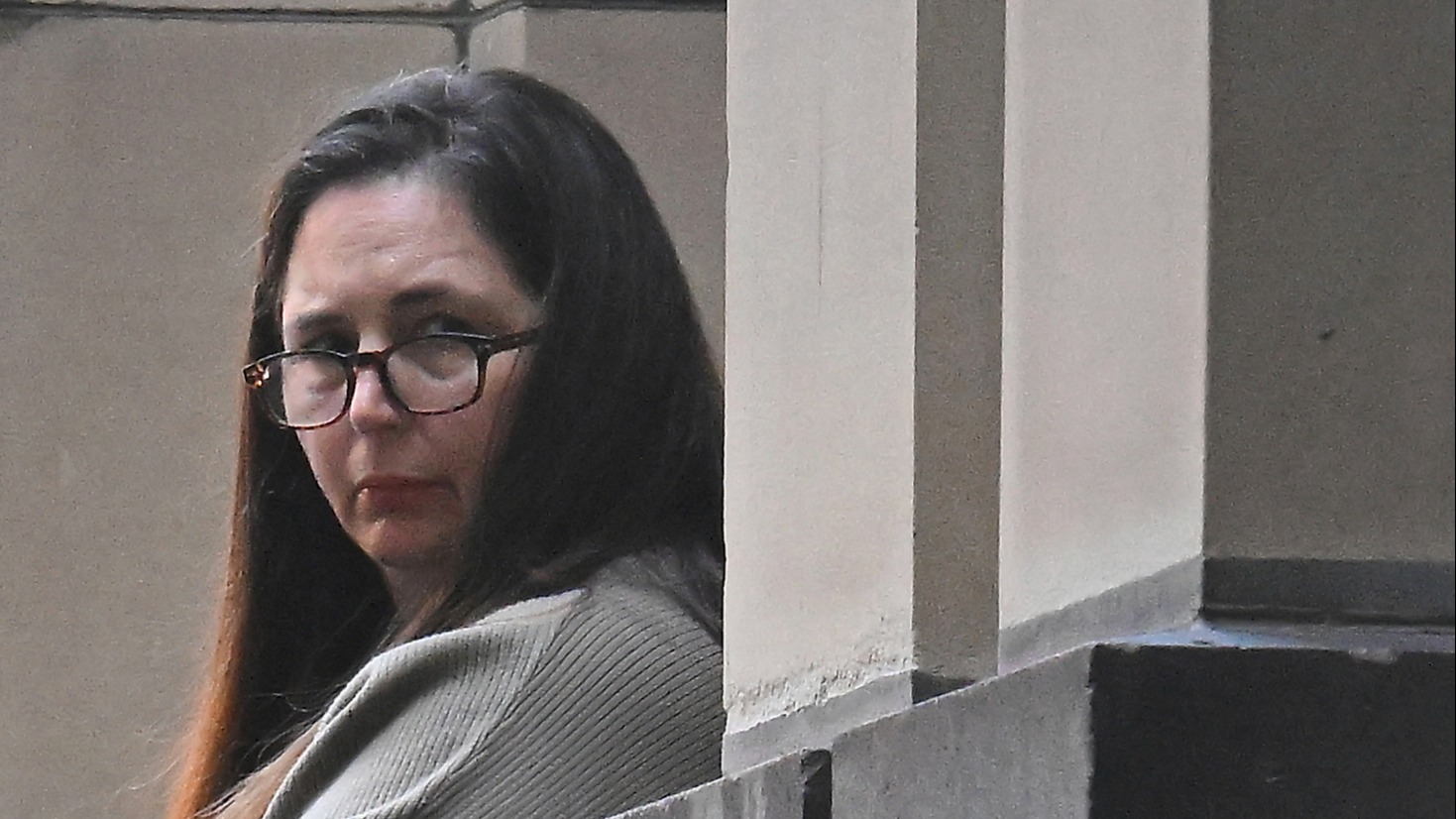A new budget for Fife Council is on the horizon in February, and it will determine Council tax rates, rent rates for tenants, funding packages for local services, and more.
The council will be required to set a balanced budget by February 20.
In the lead-up to that date, council leader David Ross said councillors would be having conversations about priorities – despite financial pressures.
“Planning for this budget has been ongoing for a considerable time as we are determined to make sure our future priorities get the funding they need,” he said.
“Our achievements so far show that we are ambitious for Fife, and our future investment priorities reflect those ambitions.”
Since 2022, Fife’s Labour and SNP groups have put forward separate, rival budget recommendations, and each year, the Labour proposals have been approved with support from Conservative and Lib-Dem councillors.
This year, Fife residents are likely to see more of the same, but Ross previously said he wished to work with councillors from all political groups to strike an agreement.
“I hope we can have some sensible discussions with all political groups this year and come up with something that actually puts the council on a firm and sustainable footing for the future,” he said after the last council meeting in December.
Council tax, council rent rates, funding for social care services, roads and building maintenance, and education are expected to be some of the biggest issues for the new 2025-26 budget.
However, councillors will also need to grapple with significant financial pressures, including rising inflation, the cost of staff pay awards, increasing costs of health and social care, and the implications of national insurance payments.
In September, finance officers estimated that the Kingdom could have a £17m budget gap for 2025/26, which could rise to £46m by 2027/28.
However, councillors will soon be able to see the true scale of the gap once they fully understand the implications of the Scottish budget.
In December, councillor Ross said the grant settlement from the Scottish Government was a “little better” than expected.
However, he emphasised that Fife is still facing “significant financial pressures” – particularly on social care, capital spending for roads, building maintenance, and Fife’s vehicle fleet.
“We have been doing everything possible to plan for future financial challenges while continuing to invest in our priorities,” he said.
“Over the past few years, we have set a balanced budget, and I’m delighted we’ve made real progress on many of our key objectives, including fixing Fife’s roads, scrapping charges for bulky uplifts, investing in our local communities and providing more permanent teaching staff in our primary and secondary schools.”
In December, the council said it is committed to continuing investment in the Kingdom’s roads and infrastructure as well as making investments in education and young people in Fife.
“However, every investment decision we make has consequences for other areas of spend, and costs are increasing,” Ross said.
“There are significant demands on our capital spend in the months and years ahead in the face of reduced funding allocations for vital flood defences, education and newly built housing.”
He added: “There will be difficult decisions to make when we agree on our final budget in February.”
Fife Council is due to set a balanced budget on February 20, 2025, at 10am in the Fife Council chambers in Glenrothes. The agenda should be published about a week in advance for public viewing.
Follow STV News on WhatsApp
Scan the QR code on your mobile device for all the latest news from around the country


 LDRS
LDRS




















